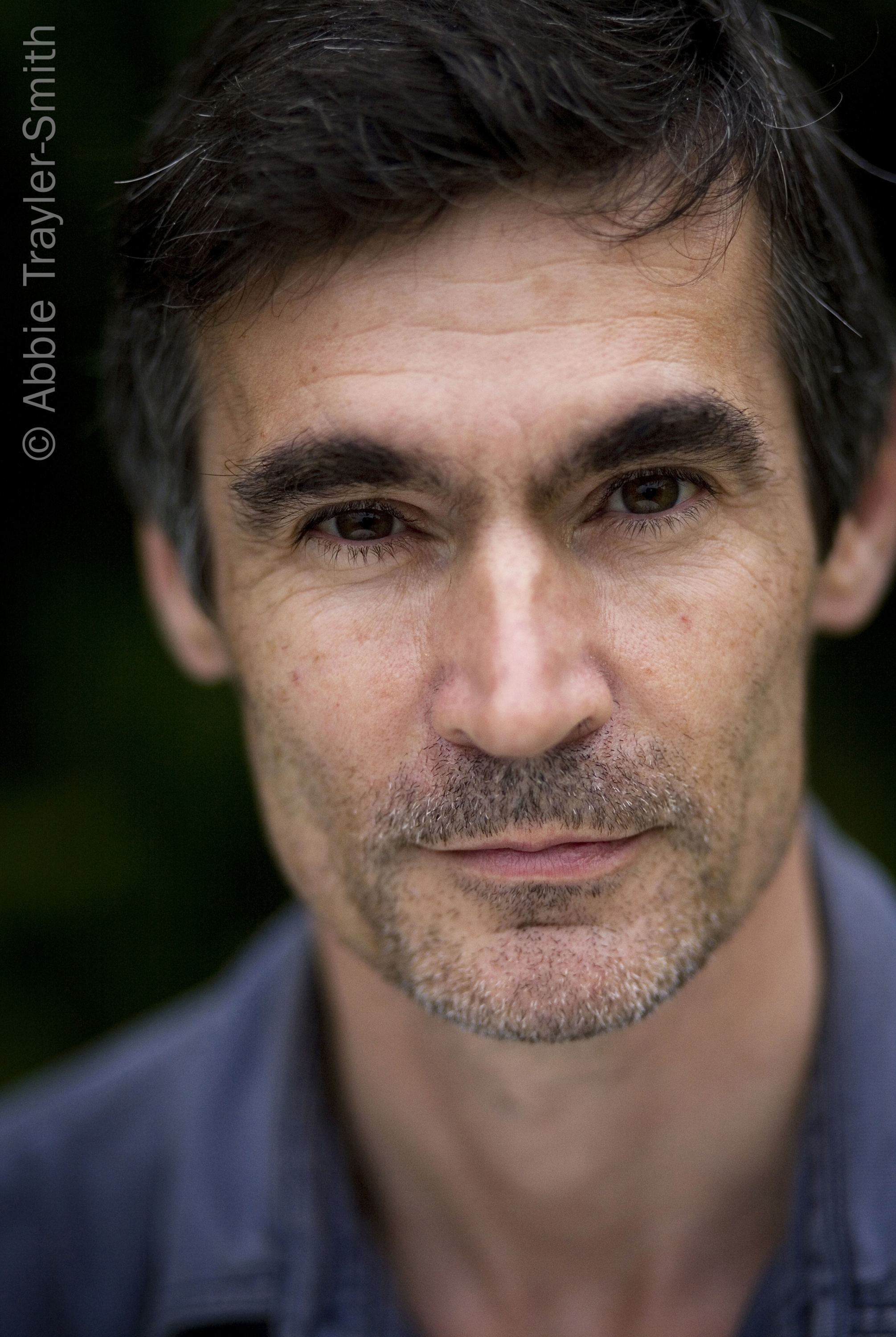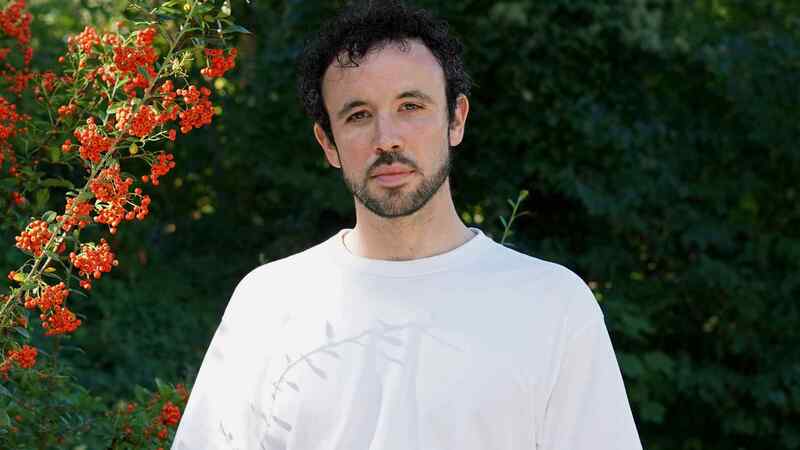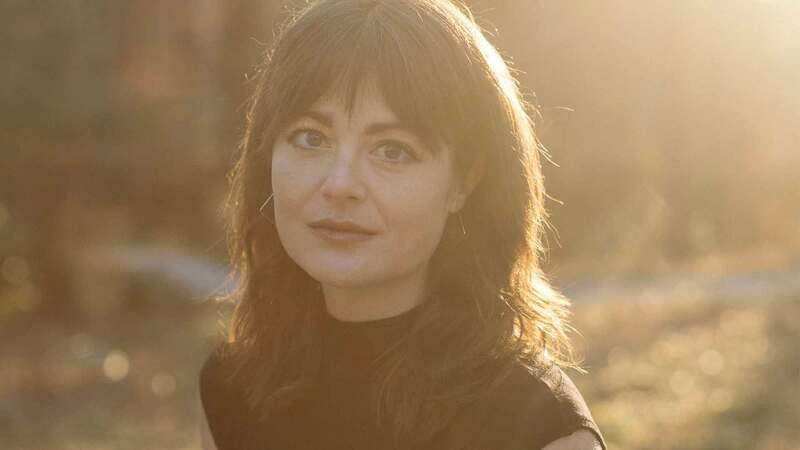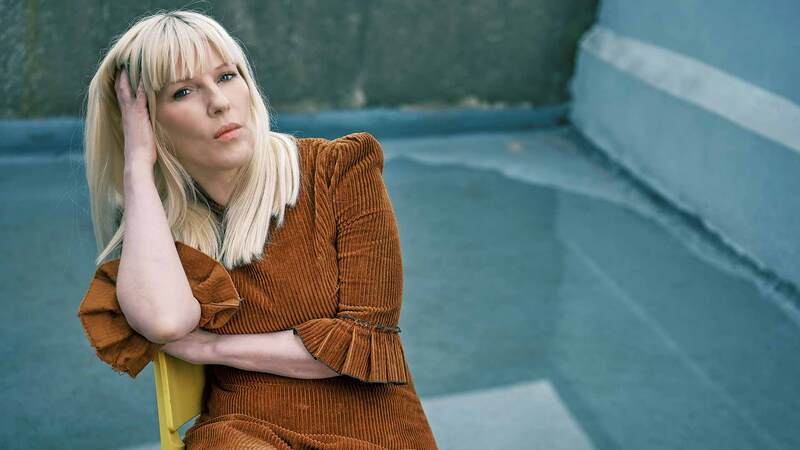You are viewing your 1 free article this month. Login to read more articles.
Hustvedt and Miller headline Sceptre salon
Siri Hustvedt and Andrew Miller headlined the virtual 2021 Sceptre Salon, with Tatler editor Helena Lee revealing how the “constant damaging representation of those with East and Southeast Asian heritage” inspired her upcoming anthology.
More than 200 booksellers, journalists, festival organisers and online influencers tuned into this year’s hour-long event on 13th October. Publishing director Carole Welch opened the evening before handing over to the host, podcaster Will Rycroft.
Hustvedt (pictured, top) appeared from her home in Brooklyn, New York, in conversation with arts journalist Rosie Goldsmith about her sixth volume of essays, Mothers, Fathers, and Others, scheduled for December. The author discussed “artistic mothers” such as Emily Brontë, Jane Austen and Louise Bourgeois, as well as her own mother, who died in 2019, who has an essay dedicated to her in the collection,
 Costa Award-winner Miller (pictured left) revealed his new novel, The Slowworm’s Song, due in March, in conversation with Sceptre publicity director Louise Court. The novel explores atonement, fatherhood, and the Troubles in 1982, all contained in the form of a letter from a father to his daughter. Miller said he was fascinated by “this idea of aftermath: how you live with something about yourself that is completely unacceptable and what can be regained... if something terrible happens that you are implicated in, to what extent can you recover?”
Costa Award-winner Miller (pictured left) revealed his new novel, The Slowworm’s Song, due in March, in conversation with Sceptre publicity director Louise Court. The novel explores atonement, fatherhood, and the Troubles in 1982, all contained in the form of a letter from a father to his daughter. Miller said he was fascinated by “this idea of aftermath: how you live with something about yourself that is completely unacceptable and what can be regained... if something terrible happens that you are implicated in, to what extent can you recover?”
Lee, acting deputy editor of Tatler magazine and creator of the East Side Voices platform, appeared in conversation with writer and podcaster Zing Tsjeng to discuss experiencing racism during the pandemic. They were introducing the platform's first book, East Side Voices, out in January and billed by Sceptre as “a first-of-its-kind anthology of original writing exploring what it is like to be East and Southeast Asian in Britain today”.
“I launched the platform East Side Voices in February last year out of a frustration with the constant damaging representation of those with East and Southeast Asian heritage,” Lee said. “We're often absent from the news agenda, portrayed in popular culture as servile women, computer nerds, the villains or objects of mockery such as the silent girl in the film ‘Pitch Perfect’ or the terrible portrayal of Bruce Lee in Quentin Tarintino’s s ‘Once Upon a Time in Hollywood’. And this systemic lack of meaningful representation means there’s long been an otherness to an Asian face. For instance who has heard of the Filipino nurses who propped up the NHS and were disproportionately affected by the virus but whose voices are yet to be heard?”
She added: “I wanted East Side Voices to help change this cultural narrative and break down these outdated stereotypes... and so what started as a cultural salon at the Standard hotel has become a book.”
Tsjeng (pictured right) spoke of her essay about being an East Asian woman during a pandemic and how she had experienced more racism in the last 18 months. “You are used to a certain level of sexual objectification... and harassment and racism,” she said. “But with the pandemic I realised was that the responses I got from people in public were now tinged with fear. So it was no longer to do with my gender per se but it was literally just the fact that I appeared Asian that seemed to invoke this sort of fearfulness in people... that I might have coronavirus.
“It just seemed that being Asian became a symbol or a vector of disease where it was just enough to be in public and be or seem visibly Asian and people would start to be afraid of you, they would look at you and think ‘Oh no, Covid’.”
Three new voices were also presented including James Cahill who discussed debut novel Tiepolo Blue, out in June, a gay coming-of-age story set in 1995 in south London, exploring sex and censure as well as art and beauty.
Ben Short filmed himself and his dog, Pig, from his camp in the Dorset woods, where he now works as a woodsman and charcoal burner, revealing how he upturned his corporate life 15 years ago. His memoir, Burn, coming in April, follows his transformation from a high-flying ad-man in London suffering with depression and a debilitating anxiety disorder, to becoming one of only 100 or so charcoal burners in the country, living in the woods and finally finding peace.
Fellow debut author Aamina Ahmad spoke from her home in California about her debut novel, The Return of Faraz Ali, which is out in April and set in the red-light district in the old walled city of Lahore, Pakistan, during the political upheavals of 1960s.
The event also featured insights from the Sceptre team including commissioning editor Francine Toon, associate publisher Juliet Brooke, head of marketing Helen Flood, publicity director Maria Garbutt-Lucero, and Waterstones key account manager Drew Hunt, each highlighting a 2022 publication.



















